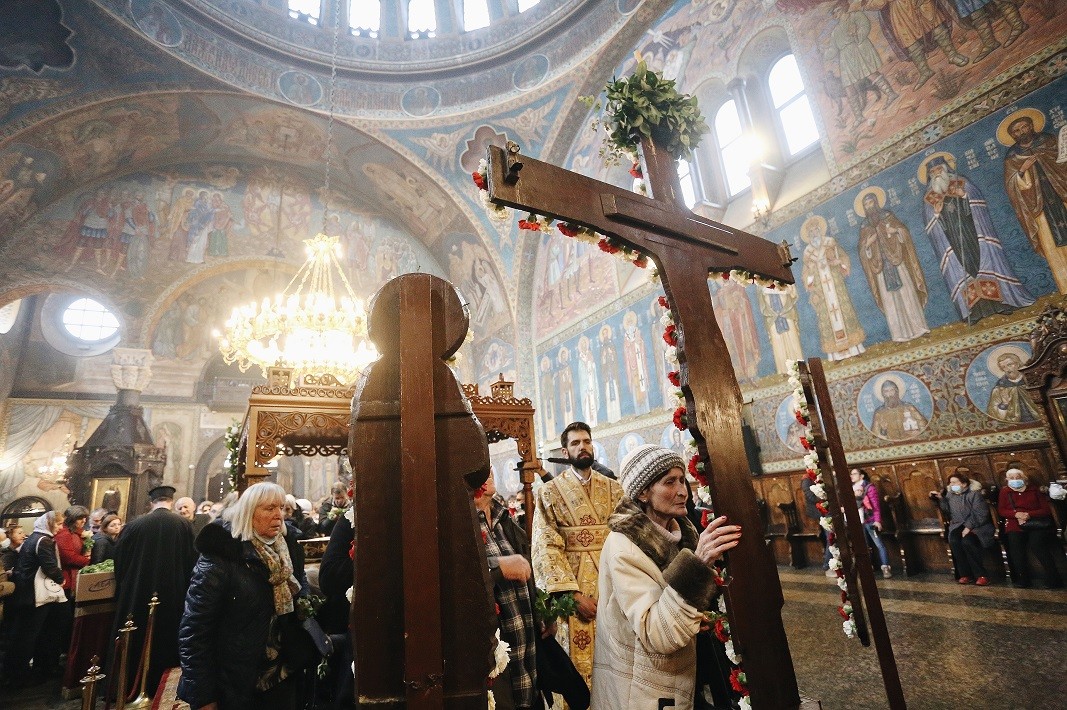
Young Todor Gadzhalov has always been involved in music. He started playing the piano and singing at the age of 5 and is a graduate of the Plovdiv Music School and the Sofia Music Academy. From an early age he has been taking part in various..
One of Bulgaria’s most popular music bands- Kerana and the Cosmonauts – is adding a new constellation to its musical universe. On September 19, the musicians will present their second album titled "Octans". The event will take place at the..
Established as one of the most successful rock groups in Bulgaria, the musicians from SEVI band quickly attract attention with their original, recognizable sound, strong female vocals and melodic songs. The band, which includes Svetlana..

+359 2 9336 661
